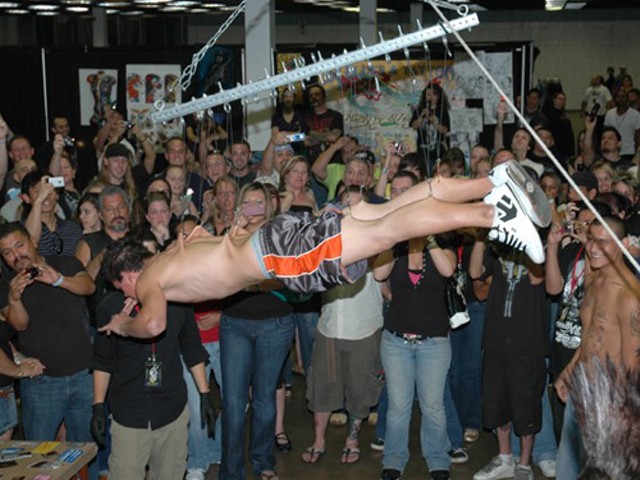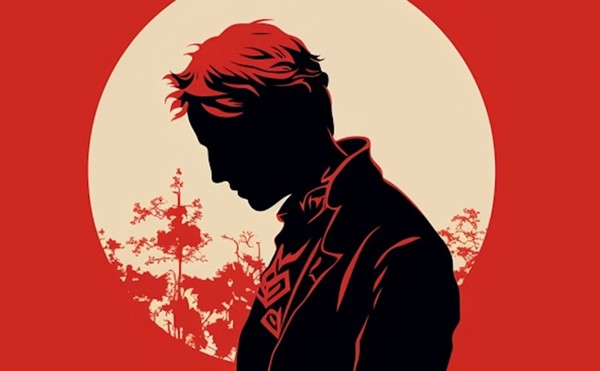Science and faith make strange bedfellows. One demands that you prove everything you hypothesize with rigorous experimentation, and the other asks you to believe in belief. Galileo ran headlong into the crunch when he used telescopes of his own device and mathematics to prove the universe was heliocentric; he published his findings and was threatened with excommunication from the Catholic Church and was imprisoned for the rest of his life. Science won that round — and the Church eventually agreed some 400 years later — but while under house arrest, Galileo did much work on his seminal book Two New Sciences, which helped lay a strong foundation for modern physics. So his incarceration inadvertently allowed him to focus his talents and research in another area, and thereby expand human knowledge. Dr. Frank K. Flinn explores this odd twist in a lecture entitled Galileo and the Church: Was the Conflict Necessary? at 7 p.m. at the Missouri History Museum (Lindell Boulevard and DeBaliviere Avenue; 314-746-4599 or www.mohistory.org). Admission is free.
Tue., June 15, 2010
Faith and Fact
[
{
"name": "GPT - Leaderboard - Inline - Content",
"component": "41932919",
"insertPoint": "5th",
"startingPoint": "3",
"requiredCountToDisplay": "3",
"maxInsertions": 100
}
]





